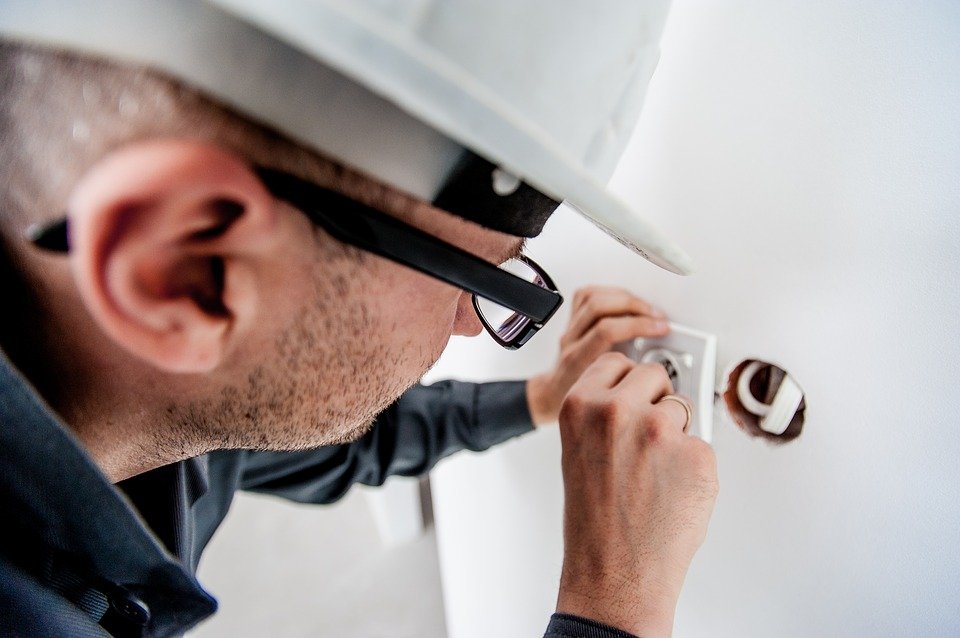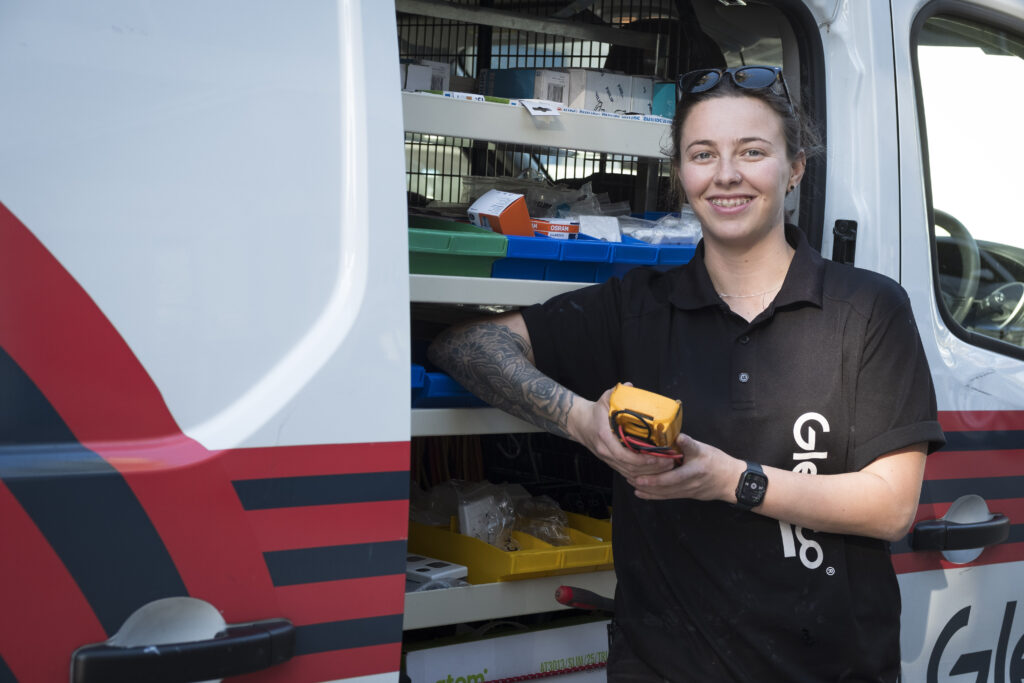How Do You Maintain Outlets and Switches?
With regular maintenance, the outlets and switches in your home can be perfectly safe. However, damaged outlets can cause electric shocks, damage appliances and devices, or even lead to a fire. Here are a few essential maintenance tips that you can use to minimize the risks.
Outlet and Switch Maintenance Tips
Electricians go through various checks to keep your outlets and switches safe. You can do some of these checks yourself, as well as taking other actions to keep your outlets and switches in good condition.
1. Check Electrical Plates
An obvious sign of a damaged switch is damage to the electrical plate. Damaged plates are a glaring indicator of a hazard, so visually inspect electrical plates for burn marks, cracks, or discolouration. If you notice any of these types of damage, you can contact an electrician to service the outlet.
2. Clean Outlets and Switches Safely
It pays to keep your outlets and switches clean. You can remove all the oil deposits and dirt that have gathered over time that make outlets look dingy. However, it is essential not to get the outlet wet while cleaning it. The safest way to clean an electrical outlet is to use rubbing alcohol and a toothbrush to gently scrub away grime. Rubbing alcohol evaporates quickly, so it won’t get your outlet too wet or cause a risk of short circuit.
3. Deal With Pest Problems Promptly
Pests such as mice, rats, or other rodents can cause a lot of damage to electrical wiring. If you notice mice living in your home, you must take action to get rid of them before they cause damage to your outlets and switches. The best option is to call in a pest control service to get rid of the unwanted visitors and then hire an electrician to check that your home’s wiring is safe.
4. Frequently Test Outlets and Switches
Regularly checking your outlets and switches is the best method of preventing damage and catching minor electrical problems early before they become serious issues. Pay attention to the way your appliances are functioning, as well as how they affect each other. If using an appliance causes the lights in your home to flicker, there might be an issue with your wiring.
Investigate further using an outlet tester. This kind of device includes a three-pronged plug. When plugged into each outlet in turn, the device will show if there is a problem with any of your outlets. Experts advise homeowners to perform this test every so often to check their outlets and switches. If you find any faulty outlets, then you should call an electrician to replace or repair them.
5. Replace Old Wiring
Old wiring can be dangerous. If it is affected by wear and tear or is chewed by rodents, it can become a fire hazard. If you know that your wiring is very old and damaged, it should be immediately replaced. For safety reasons, this process should always be carried out by a professional electrician.
6. Always Hire a Professional to Repair or Replace Wiring
You may be considering watching a few YouTube videos to learn how to replace the wiring in your outlets, but unless you are a qualified electrician, then trying to do it yourself can lead to serious injuries, including electrocution. Working on your home’s wiring without training also risks causing worse problems rather than resolving the issue. If you suspect a problem with the wiring in your home, call an expert to have them make the assessment and replace the wiring if necessary.
7. Check Outlets and Switches After a Flood
Flooding can lead to problems with electrical wiring. If your home has recently experienced a flood, either due to severe weather or to a serious water leak, then it is a good idea to get an electrician to check your switches and outlets to ensure they are still operating safely.
8. Prevent Electrical Overloads
Electrical overloads caused by too much electrical current running through the system can damage switches and outlets. You can prevent overloads by plugging major appliances into a wall outlet instead of an extension cord or multi-outlet power strip. While these devices don’t change the amount of power received from the outlet, they can easily be overloaded. You can identify an overloaded device or outlet when you smell a burning odour or feel a warm plate. Immediately switch off the device and contact an electrician for help.
9. Purchase Reliable Electrical Products
Reputable manufacturers test their electrical products to ensure they will not damage your home’s wiring. Do not be tempted to buy cheaper products from unknown brands or overseas retailers. They might not have undergone the same checks and could cause damage to your home’s wiring.
Act Now to Protect Outlets and Switches
Electrical issues may start small, but they can escalate very rapidly and become dangerous. Protect your home by contacting the experts at Glenco today. Servicing Greater Sydney, these professionals are standing by, ready to answer all your electrical related questions.







